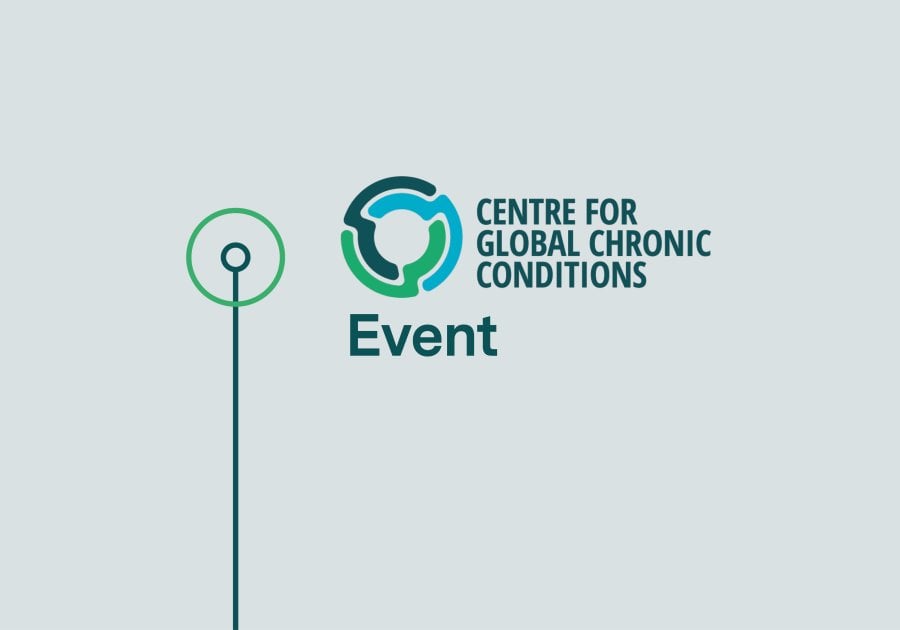Communicable disease meets non-communicable disease: infection and inflammation across the life course and opportunities for cardiovascular disease risk reduction
Reviewing epidemiological and mechanistic evidence linking infection and inflammation with cardiovascular disease.

Infection is the most common reason for a child to see a GP, be hospitalised or to undergo an operation. Evidence for a link between infection and cardiovascular disease (CVD), the leading cause of death worldwide, dates to the 19th century.
In this seminar, Professor David Burgner from Murdoch Children’s Research Institute, Australia, will review the substantial epidemiological and emerging mechanistic evidence linking infection, inflammation and CVD.
Patients with infection have increased risk of CVD. Additionally, mechanistic studies have begun to uncover how infections can lead to chronic inflammation which is a key risk factor for many heart and circulatory conditions. These underappreciated factors may contribute to the socioeconomic gradients observed in CVD. Prof Burgner will also propose potential interventions aimed at reducing health inequalities and alleviating the future burden of CVD and related metabolic diseases.
Speaker
David Burgner, Murdoch Children’s Research Institute
Professor David Burgner is a practising paediatric infectious diseases physician who leads the Inflammatory Origins Group and co-leads the LifeCourse longitudinal observational cohorts initiative at Murdoch Children’s Research Institute. Prof Burgner is an international authority on understanding the susceptibility and consequences to childhood infection and inflammation, particularly in relation to the development of cardiometabolic disease risk. He is an internationally recognised clinical and scientific leader in Kawasaki disease and has made major scientific, clinical and policy contributions to the Australian response to the COVID-19 pandemic, particularly the hyperinflammatory post-infectious syndrome in children.
Event notices
- Please note that you can join this event in person or you can join the session remotely
Admission
Contact